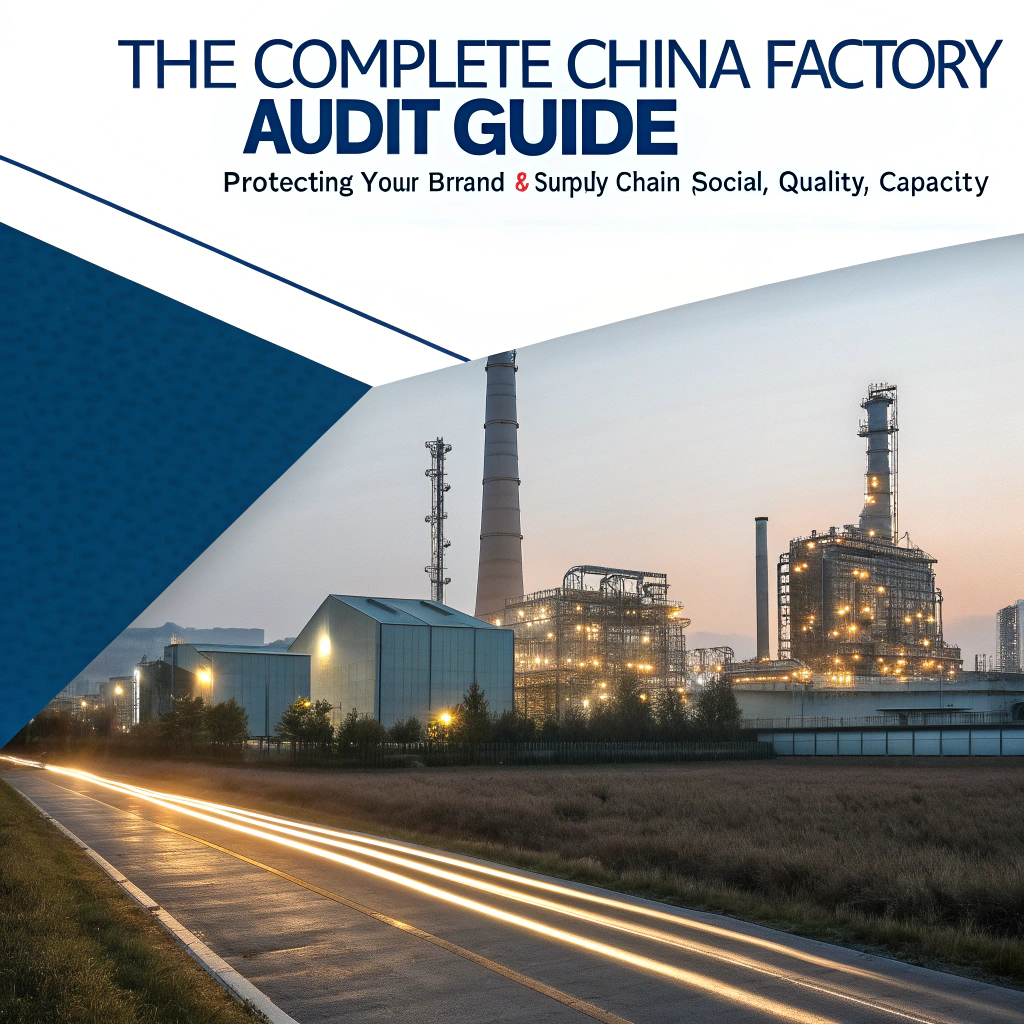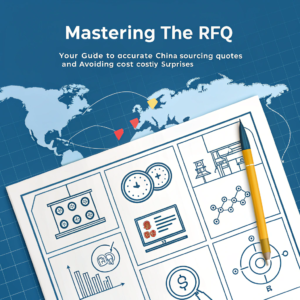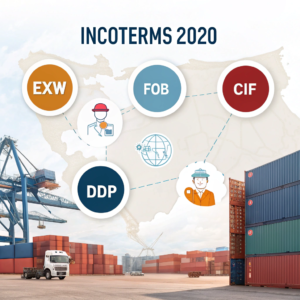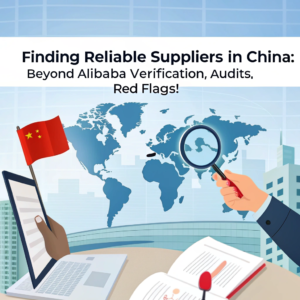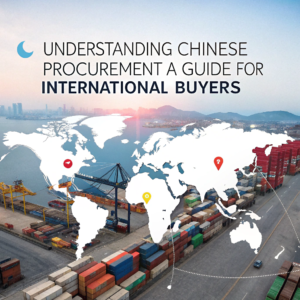When sourcing products from China, it’s easy to get caught up in the price tag or the appeal of attractive samples. But those things alone don’t tell you the full story behind your supplier. The real strength of your supply chain depends on knowing who exactly you’re partnering with and how they operate every day. This is why a thorough factory audit in China is essential — it’s not just a formality, but your insurance against a host of risks that could derail your business.
Relying on promises, glossy brochures, or even positive reviews is a gamble that can cost you dearly. A systematic and comprehensive audit gives you a clear, factual picture of your supplier’s capabilities, ethics, and reliability. Let’s explore why skipping this step is risky and what a good audit should cover.
Why Audits Aren’t Optional When Working with Chinese Suppliers
Factories in China vary widely in their standards, practices, and capacities. Without proper checks, you might find yourself dealing with hidden issues like poor working conditions, inconsistent product quality, or missed deadlines. Worse yet, you could unknowingly support unethical labor practices or face customs issues due to non-compliance with regulations like the Uyghur Forced Labor Prevention Act (UFLPA).
A well-executed audit helps you:
- Spot problems before committing to large orders or damaging your brand reputation.
- Confirm consistent product quality by verifying quality management systems.
- Check the factory’s actual production capacity to meet your order volume and timeline.
- Build a relationship based on transparency and verified facts rather than just trust.
- Meet the growing demands from consumers and regulators for ethical and compliant sourcing.
- Protect your investment from costly delays, rejected shipments, or recalls.
In short, audits are your first line of defense against surprises that can disrupt your supply chain.
The Three Pillars of a China Factory Audit: What You Need to Know
A factory audit isn’t a one-dimensional process. To get the full picture, it must cover three critical areas: Social Compliance, Quality Management, and Production Capacity. Missing even one leaves gaps that could lead to serious consequences.
1. Social Compliance Audit: Making Sure Ethics Matter
This part of the audit verifies whether the factory respects labor laws and international standards for worker treatment and safety. It also checks if the supplier aligns with your company’s values around ethics and social responsibility.
The auditor looks at:
- Employment practices: Are there child labor or forced labor issues? Are workers free to leave?
- Working hours and wages: Are overtime rules followed? Are wages paid on time and according to law?
- Health and safety: Are machines safe? Are emergency exits clear? Is personal protective equipment (PPE) provided?
- Hygiene and living conditions: If dormitories or canteens exist, are they clean and sanitary?
- Management systems: Does the factory have clear contracts, complaint procedures, and policies against discrimination?
- Environmental basics: Is waste handled properly? Do they have necessary permits?
The auditor uses document reviews (payroll records, contracts), interviews with workers (ideally confidential), and facility inspections.
Watch out for red flags like fake records, workers coached on answers, blocked fire exits, excessive overtime disguised as voluntary, or hidden subcontracted labor.
2. Quality Management System (QMS) Audit: Ensuring Product Consistency
A factory’s quality system is what keeps your products meeting specs batch after batch. This audit looks at whether they have clear processes to prevent defects and fix problems quickly.
Key areas include:
- Organization of quality control staff and their responsibilities.
- Document control for specs, drawings, and instructions.
- Inspection of incoming raw materials and supplier qualifications.
- Defined checkpoints during production with clear standards.
- Final inspection plans using recognized sampling methods.
- Handling of defective products with root cause analysis and correction plans.
- Testing equipment availability and calibration.
- Training records for production and QC personnel.
Inspectors review documents like QC plans and defect logs, watch production processes in action, and interview relevant staff.
Danger signs include missing written procedures, inconsistent inspections, broken testing tools, ignored recurring defects, or poorly trained QC teams.
3. Production Capacity & Capability Audit: Can They Actually Deliver?
Even the best intentions won’t help if the factory can’t handle your order volume or deadlines. This audit verifies their physical resources and operational systems.
It covers:
- Size and layout of the factory floor and condition of machinery.
- Number and skill level of workers available for your product.
- Production planning systems such as ERP or MRP.
- Current capacity utilization vs. ability to scale up.
- Policies on subcontracting and controls over any subcontractors.
- Technical expertise relevant to your product.
- Stability of raw material sourcing and inventory levels.
Auditors tour the facility observing workflows and equipment, review production schedules, and interview production managers.
Red flags here include outdated or poorly maintained machinery, cramped workspaces hampering efficiency, overloaded production lines, unclear lead times, hidden subcontractors, or lack of formal planning systems.
Should You Do It Yourself or Hire Professionals?
If you’re fluent in Mandarin and have deep audit experience, you might consider conducting a basic audit yourself—especially if it’s a smaller check on an existing partner. However, this approach risks missing subtle but crucial issues.
For new suppliers or high-value orders, hiring a third-party professional audit service is highly recommended. Professional auditors bring objectivity, local knowledge, language skills, proven methodologies, and credible reporting formats like SMETA or BSCI. Their findings carry more weight with internal teams and external partners alike.
Preparing for Your Factory Audit: What You Need to Know
Walking into an audit without preparation is asking for trouble. To get useful results:
- Define exactly what you want audited (social compliance only? or all three pillars?). Decide if the audit will be announced or unannounced—the latter offers more accurate social compliance insights.
- Choose a reputable auditor or firm with experience in China factories.
- Provide the factory with a clear list of documents they need to prepare in advance (licenses, payroll records, quality reports).
- Brief the auditor on your product requirements, risk concerns, and expectations.
- Communicate clearly with the factory about dates and scope without revealing sensitive details that could compromise an unannounced check.
After the Audit: Turning Reports into Action
An audit report is only as useful as what you do with it. Don’t just glance at scores; dig into all findings including photos. Prioritize fixes for critical issues like safety violations or quality failures.
Share the results with your supplier objectively. Require a formal Corrective Action Plan that includes root cause analysis and clear timelines for improvements. Follow up with verification audits to ensure changes stick—auditing is an ongoing process.
Use the audit as a powerful decision tool. If problems can’t be fixed or the supplier won’t commit to change, it may be time to look elsewhere.
How Falcon Logistics Supports Your Supply Chain Integrity
At Falcon Logistics, we don’t stop at moving goods—we help you build supply chains that are secure, ethical, and dependable. Our team has firsthand insights from daily interactions with Chinese factories and logistics providers. We can recommend trusted third-party audit firms to work with you.
We also validate logistics outputs—consistent packaging quality or timely container loading often reflects factory performance—and integrate audit findings into your broader risk management strategy including customs compliance like UFLPA due diligence.
Final Thoughts: Don’t Leave Your Supply Chain to Chance
Choosing a supplier in China isn’t just about price or samples—it’s about trust backed by facts. A comprehensive factory audit reveals what really goes on behind the scenes so you can avoid costly surprises in quality, ethics, capacity, or compliance.
If you want peace of mind for your sourcing decisions and protect your brand’s reputation, auditing your Chinese factories is not optional—it’s essential.
Meta Description: Learn why a thorough China factory audit covering social compliance, quality management, and production capacity is vital for building an ethical and reliable supply chain. Discover how audits protect your investment and ensure supplier transparency.

